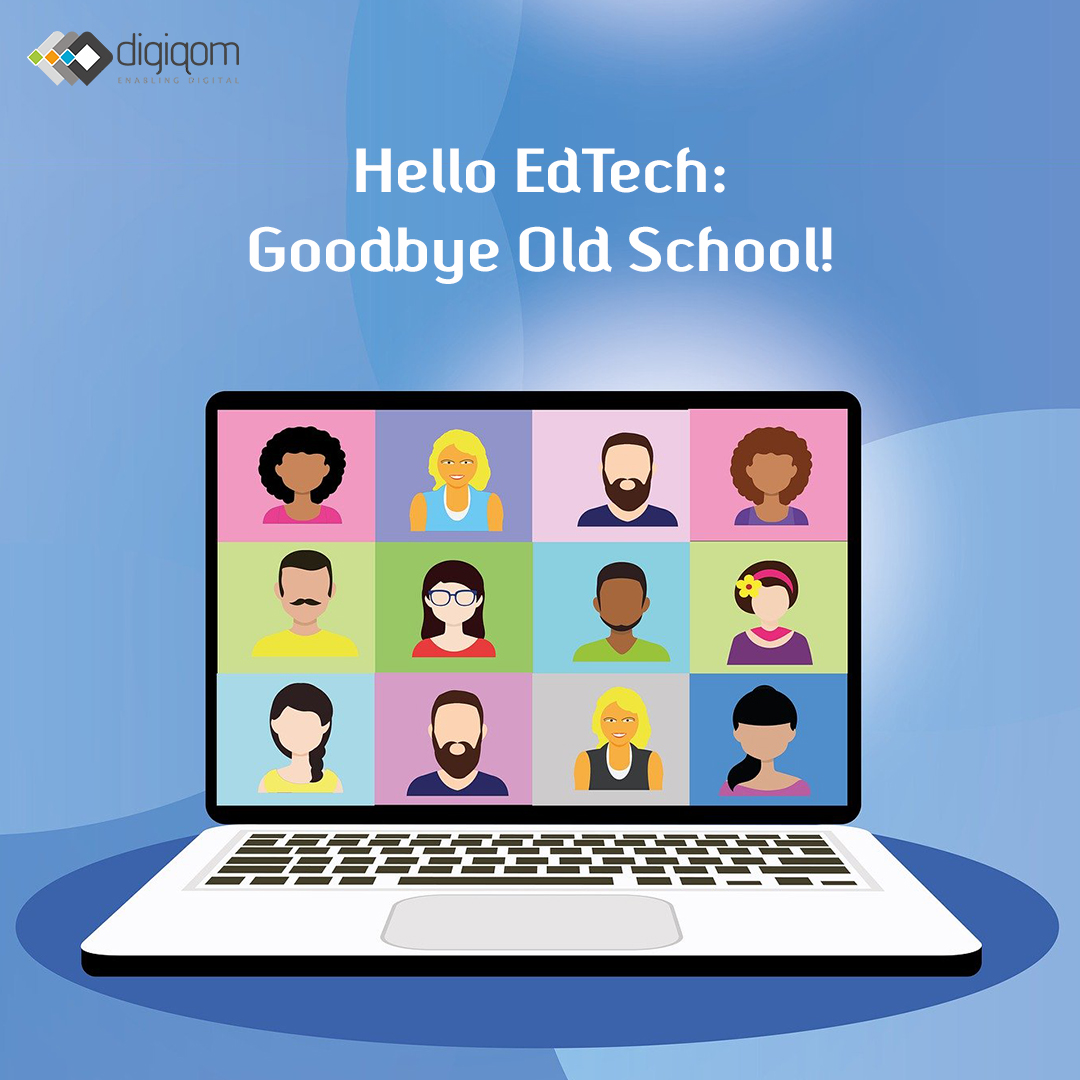Needless to mention the pandemic has broken entire industry sectors with its social distancing, mask and hand wash norms. Few, however, have been so dramatically disrupted as Healthcare and Education.
While, doctors, epidemiologists, administrators are still trying to figure out the strategies and tactics needed to fight this war on COVID19, teachers, school supervisors and educationists possibly know that the days of old school class room based rote learning systems are over.
It’s not that classes over video calls aren’t effective. It’s just that the class participation, the learning by groups, the induction phenomenon of picking up even half-completed sentences to prepare for exams, are hard to recreate. Enter EduTech.
Take the use case of a virtual reality classroom where teachers and students could collaborate on the learning experience. Will that be the Holy Grail? Perhaps, but a bigger challenge emerges! What skills, aptitudes and attitudes would the post-COVID19 world need?
With the accelerated adoption of AI and ML in services, IoT and robotics in manufacturing, drones and remote controlled farm equipment in agriculture, almost all jobs which have any element of the routine or predictability will probably be better done by machines.
In the light of this, the New Education Policy (#NEP2020) throws a policy flash beam into that new world suggesting a radically different system for instruction, monitoring and evaluation. But the best part of it, is the deliberate attempt to break down existing silos, allowing a lot more experimentation between traditional sciences, humanities, and commerce.
What does that mean for the world of digital? It stretches the need to change from chalk and slate to smartphone and hand gestures, from classroom projectors and whiteboard markers to 3D modelling and VR. And in terms of content, learning logarithms through classical music, and Fibonacci numbers through flowers and shells.
Here’s welcoming the future poet engineers, medical warriors, data surgeons, agri- physicists, social commerce specialists, and climate economists. Humanity needs to be more human to face the challenges of climate change and the post-COVID world.
